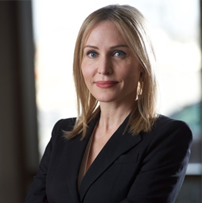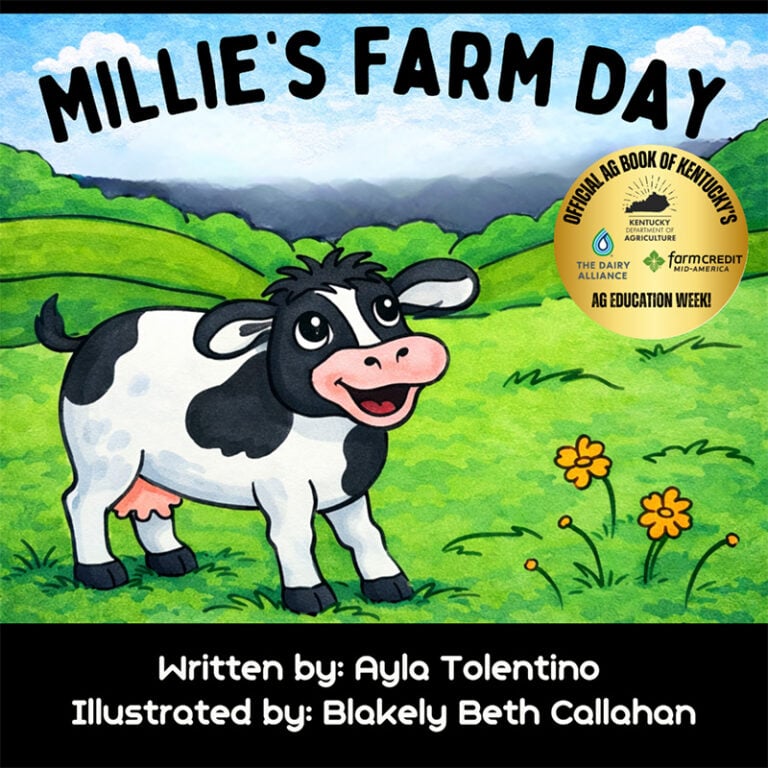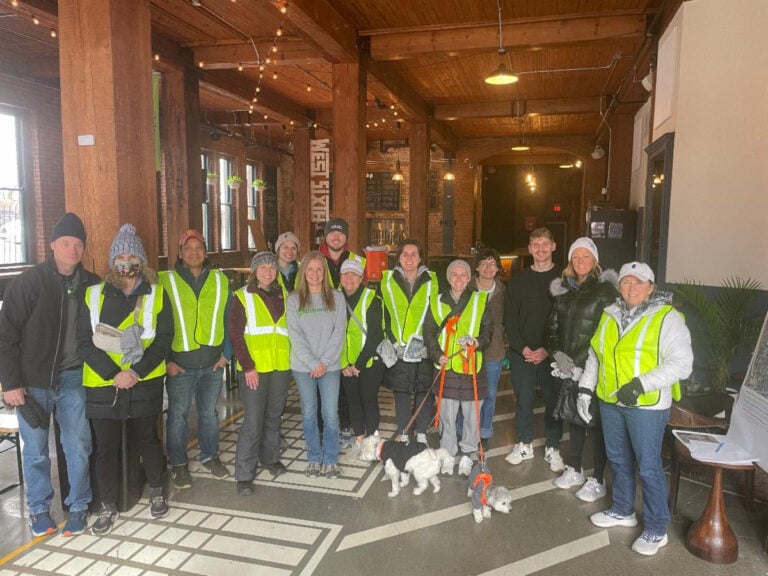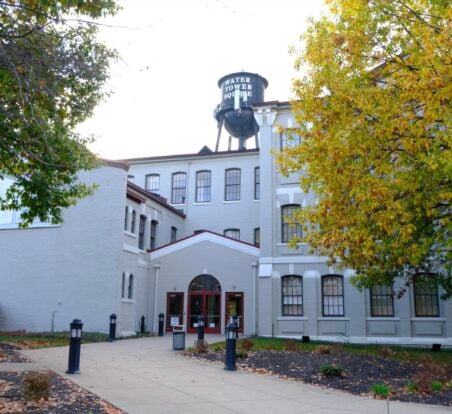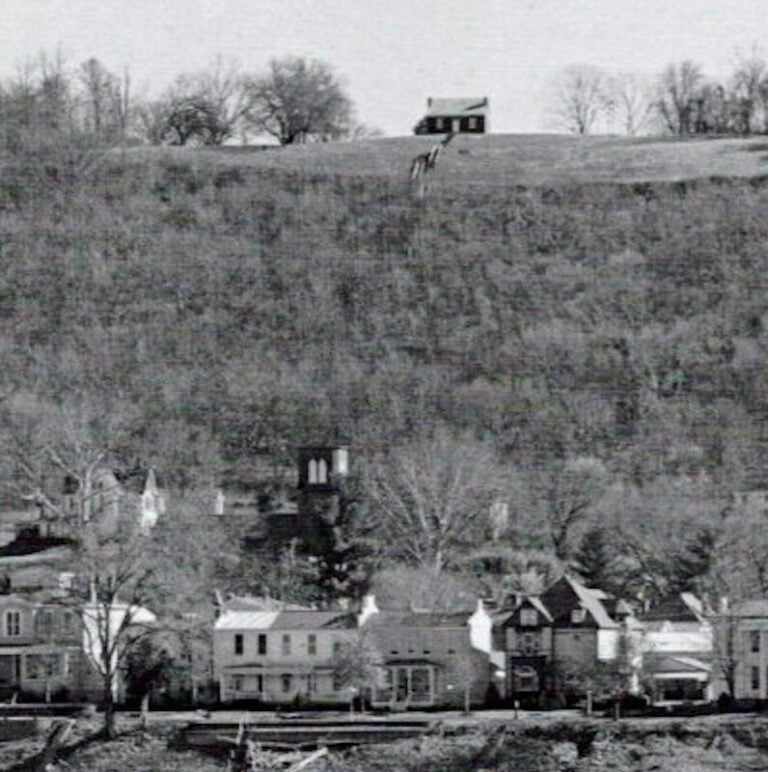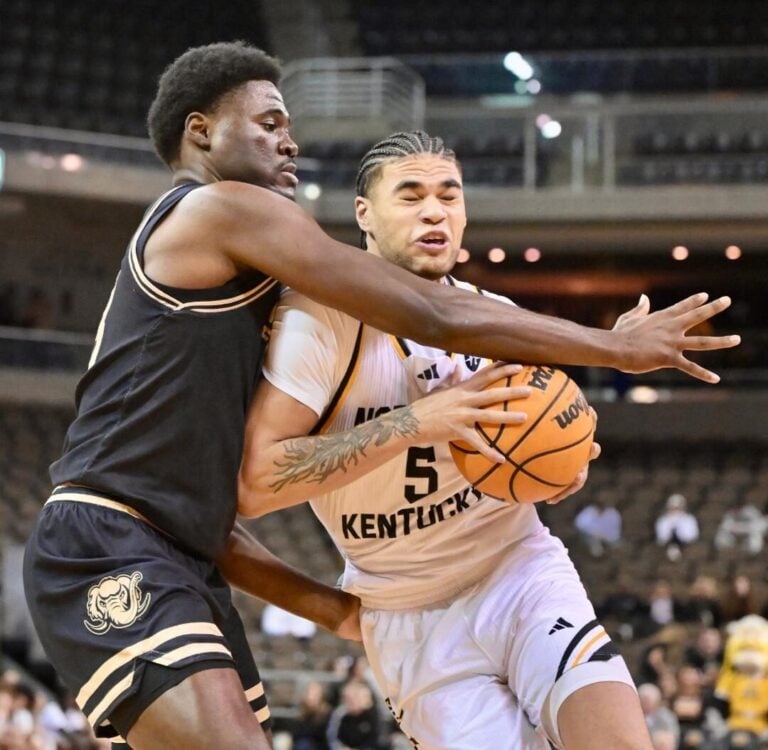By Howard Whiteman
Murray State University
“The true meaning of life is to plant trees under whose shade you do not expect to sit.” – Nelson Henderson, 1962
I’ve been thinking about this quote a lot lately, because it rings so true to me. It builds upon an ancient Greek proverb which ties planting trees to the greatness of societies. The meaning of our lives, and the greatness of our society, is built upon the generosity and self-sacrifice of individuals. What we do to make the world a better place for future generations is our legacy. When we build those legacies together, we help make our society better than it was.
In pop culture, “throwing shade” is derogatory, such as expressing contempt for someone, and I think it is fair to say that many of us have had quite enough of that. In stark contrast to those that want to throw shade, it seems that “growing shade” is exactly what we need right now.
I was inspired by this quote when it was recently spoken by Melissa Easley at the dedication of the Easley Conservation Stewardship Area, where she explained why she had donated her property to Murray State University
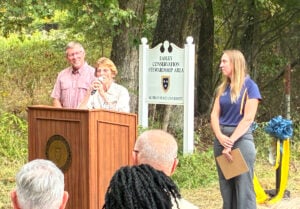
Surrounded by a large crowd of people that were all there to help celebrate the establishment of this new conservation treasure, Easley captured all of us with her words. She wanted the property to be conserved, but she also wanted it to be restored, and to train students along the way. She repeated the quote so everyone there would understand the importance of its message.
The quote is particularly appropriate for her because she has realized that she will never lie under the shade of the bottomland hardwood forest that students, faculty, staff, and volunteers are beginning to plant on this property, but she understands that creating such an area allows her family’s legacy of conservation to live on for centuries, and makes our society better than it was, because of how it will affect scores of students, local citizens, and our planet.
You don’t just hand over your property and call it good, however. Easley worked tirelessly with two other conservation heroes. One was Dr. Andrea Darracq, who is an Associate Professor of Wildlife and Conservation Biology at Murray State and Coordinator of the Riverlands Alliance, which organizes collaborative efforts for natural resource management in western Kentucky and northwest Tennessee. The other is Michael Johnson, who recently retired as Refuge Manager for the Clarks and Green River National Wildlife Refuges and is also a member of the Riverlands Alliance Core Team. In concert with the Murray State Foundation and numerous other partners, they found a way to set aside this important property for conservation and create a living laboratory for Murray State students. With Easley’s generosity, the team is growing shade, some of which they will never enjoy.
Over the next few decades, this property will provide amazing opportunities for students to learn, hands on, how to better conserve and restore our environment. Countless students will experience these conservation lessons through their classes and research opportunities, and the Easley Conservation Stewardship Area will quickly become a conduit to help us understand how to make conservation and restoration work more effectively and efficiently. Some of those students, in turn, will take that knowledge and use it to broaden the Easley legacy, by using it to better manage, conserve, and restore other areas in the future, growing even more shade throughout the world.
Although most of us will never be the conservation philanthropist that Easley is, her actions help us appreciate the other trees that people plant without ever getting to enjoy the shade.
Grandparents do this all the time, teaching their grandchildren how to be good citizens, how to have fun, and the difference between right and wrong, even though, in some cases, they may never live long enough to see them grow up into the responsible, caring adults that the grandparents hope they will be.
Teachers do it as well; they inspire students, and someday perhaps they hear a story about how they made a difference in the life of one of their students. Yet for the majority of the students that they affect, they never hear or see them again, and they don’t feel a bit of the shade.
Doctors, nurses, paramedics, and other health professionals do this as well, helping to save countless lives on a daily basis but perhaps never seeing their patient after their medical issues are resolved. Police, fire, and our armed services sacrifice themselves for the greater benefit of our society, and yet they rarely receive the accolades they deserve just for making it through a single day.
Scientists and engineers often work late at night solely because of their passion to make the world a better place by developing the next vaccine, greener chemical, or creating a safer car or more energy efficient building, yet often don’t live long enough to see the full extent of the shade that their hard work produced.
When you think about it, there are so many others out there that are planting trees, right now, that will never feel the coolness of their shade. Lawyers that sometimes risk their lives to protect the innocent and prosecute the guilty. Politicians that work for years to pass a bill that will change millions of lives for the better but will never receive credit for it. Religious leaders, therapists (mental and physical), psychiatrists….the list is long.
Yes, all of these professions get paid for their work, but they all involve sacrifice as well, a giving of their energy, mind, and spirit that no amount of money can hope to replace, much like Easley’s gift. They all affect others’ lives and make our societies great, often without much shade to show for it. They live in the sun, occasionally getting burned, so the rest of us can feel the shade of their good work, sometimes the next day, and other times decades later.
Many others plant their trees in different ways, outside of work. Helping an elderly neighbor, babysitting for a single parent, volunteering at a food bank, or spontaneously picking up trash at a local park. All of these are trees that we can help plant whose shade we won’t necessarily ever enjoy, no matter what we do for a living.
Now is the time to follow the lead of Easley. Our planet, and our society, needs more generosity, more self-sacrifice, and more long-term thinking, now more than ever.
Instead of getting caught up in the next news cycle or wallowing in the divisiveness of our society, we need to consider what life will be like in 100 years, and think about the shade we could provide for those future generations. We need more trees, even forests, both real and metaphorical, planted now to help our ecosystems heal and improve our society, even if none of us will ever rest in the shade of those trees.
What trees are you ready to plant? Let’s find some shovels and grow, not throw, some shade.
Dr. Howard Whiteman is the Commonwealth Endowed Chair of Environmental Studies and professor in the Department of Biological Sciences at Murray State University.







